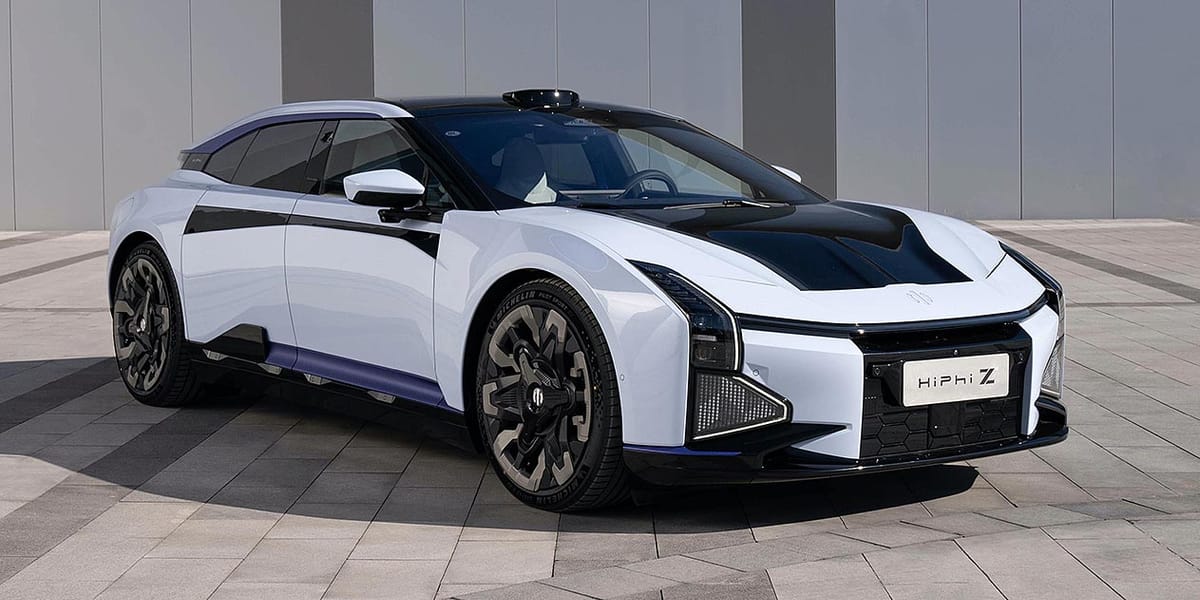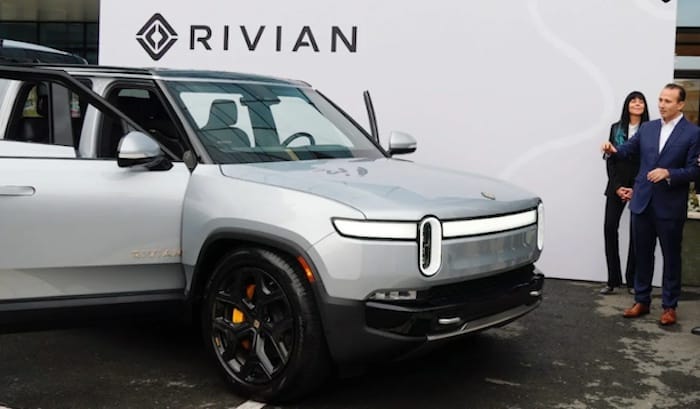Hesai to Slash Lidar Prices by 50% in 2024, Boosting Adoption in Electric Vehicles
Hesai Group plans to cut lidar prices by 50% in 2024, making the technology more accessible for electric vehicles and driving widespread adoption. The move is expected to boost safety and enhance autonomous driving features in EVs worldwide.

China’s Hesai Group, the leading manufacturer of lidar sensors for autonomous vehicles, has announced plans to cut the price of its key lidar technology by 50% in 2024. This move is set to accelerate the widespread adoption of lidar in electric vehicles (EVs), making it a standard safety feature even in more affordable models.
David Li, CEO of Hesai, shared in an exclusive interview with Reuters that the price reduction will make lidar technology more accessible to a broader range of EVs, including those priced below 150,000 yuan ($20,000). He believes this will lead to millions of cars globally being equipped with lidar sensors annually. For EVs priced above this threshold, he predicts that lidar adoption could soar to 40%, a significant rise from the current 24% adoption rate for Chinese EVs and plug-in hybrids, according to auto industry platform Gasgoo.com.
Lidar sensors use lasers to create 3D maps of a vehicle’s surroundings, aiding in navigation and obstacle detection. These sensors are a critical component of self-driving systems being developed by automakers. Li likened lidar's role to that of airbags or seatbelts—an essential safety feature for modern vehicles.
Hesai’s next-generation lidar product, the ATX, designed for advanced driver-assistance systems (ADAS), will be available in 2024 for under $200, a drastic reduction from the current price of the AT128 model. This price cut is made possible through the development of in-house chips for the lidar sensors and increased efficiency at Hesai’s manufacturing facilities.
Li’s announcement came after Hesai reported a successful quarter, with a 44% surge in shares following the release of earnings, bringing its market cap to around $875 million. Despite a loss in the previous quarter, the company anticipates breaking even in the current quarter. Hesai plans to ramp up production, more than doubling output at its Hangzhou facility to 1.5 million units annually by next year. Currently, Hesai supplies lidar to several leading automakers in China, including Li Auto and BYD, with sales tripling in the third quarter to nearly 130,000 units.
Hesai is also eyeing global expansion, with discussions underway with foreign automakers and plans to potentially establish production facilities overseas, despite the challenges posed by ongoing trade tensions. Li is optimistic that countries like the U.S. may eventually encourage local production to stimulate job creation.
While lidar is gaining traction with many automakers, notable electric vehicle manufacturer Tesla has opted not to use lidar, relying instead on cameras and artificial intelligence for its vehicles’ navigation and hazard detection.

